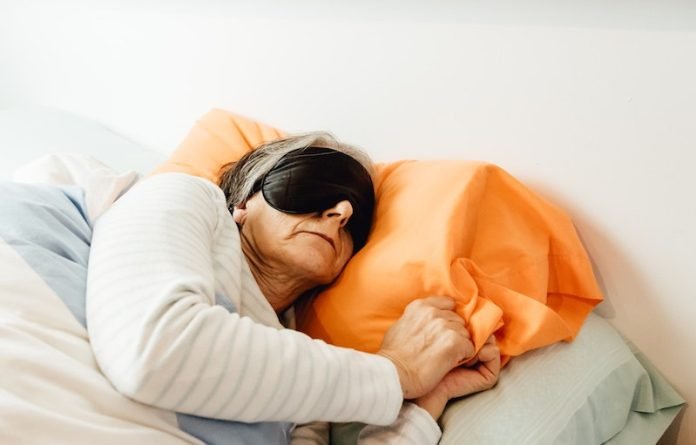
Sleep abnormalities are common in Alzheimer’s disease, and sleep quality can be affected early in the preclinical stage of the disease, even when no other symptoms are experienced.
In a study from the Pasqual Maragall Foundation research center and elsewhere, scientists found an association between sleep quality—less than seven hours—and Alzheimer’s disease-related pathology in people without cognitive impairment.
They found that poor sleep quality is related to an increase in the pathology of Alzheimer’s disease.
This finding is relevant to help define future therapies so that they can be targeted at the appropriate phase of the disease.
In the study, the team analyzed data from 1,168 adults over 50 years of age, including biomarkers of Alzheimer’s disease in cerebrospinal fluid, cognitive performance and sleep quality.
By analyzing cerebrospinal fluid samples from 332 participants taken at the beginning and after a period of 1.5 years, researchers assessed the effect of baseline sleep quality on change in biomarkers of Alzheimer’s disease over time.
They revealed that poor sleep quality is significantly associated with increased t-tau protein in cerebrospinal fluid.
Among other findings, it was shown that a short duration of sleep, less than seven hours, is associated with higher values of p-tau and t-tau, key biomarkers to measure Alzheimer’s risk in the preclinical phase of the disease.
Furthermore, longitudinal analyses showed that greater sleep disturbances were associated with a decrease in the Aβ42 biomarker over time.
This study shows that participant-reported poor sleep quality is linked to greater Alzheimer’s disease-related pathology in people without cognitive impairment.
These results further strengthen the hypothesis that sleep disruption may represent a risk factor for Alzheimer’s disease.
For this reason, future research is needed to test the efficacy of preventive practices, designed to improve sleep in the presymptomatic stages of the disease, in order to reduce the pathology of Alzheimer’s disease.
If you care about sleep, please read studies about herb that could help you sleep well at night, and these meds could treat sleep loss and insomnia effectively.
For more information about sleep, please see recent studies that coffee boosts your physical activity, cuts sleep, affects heartbeat, and results showing how to deal with “COVID-somnia” and sleep well at night.
The study was conducted by Laura Stankeviciute et al and published in Brain Communications.
Copyright © 2022 Knowridge Science Report. All rights reserved.



